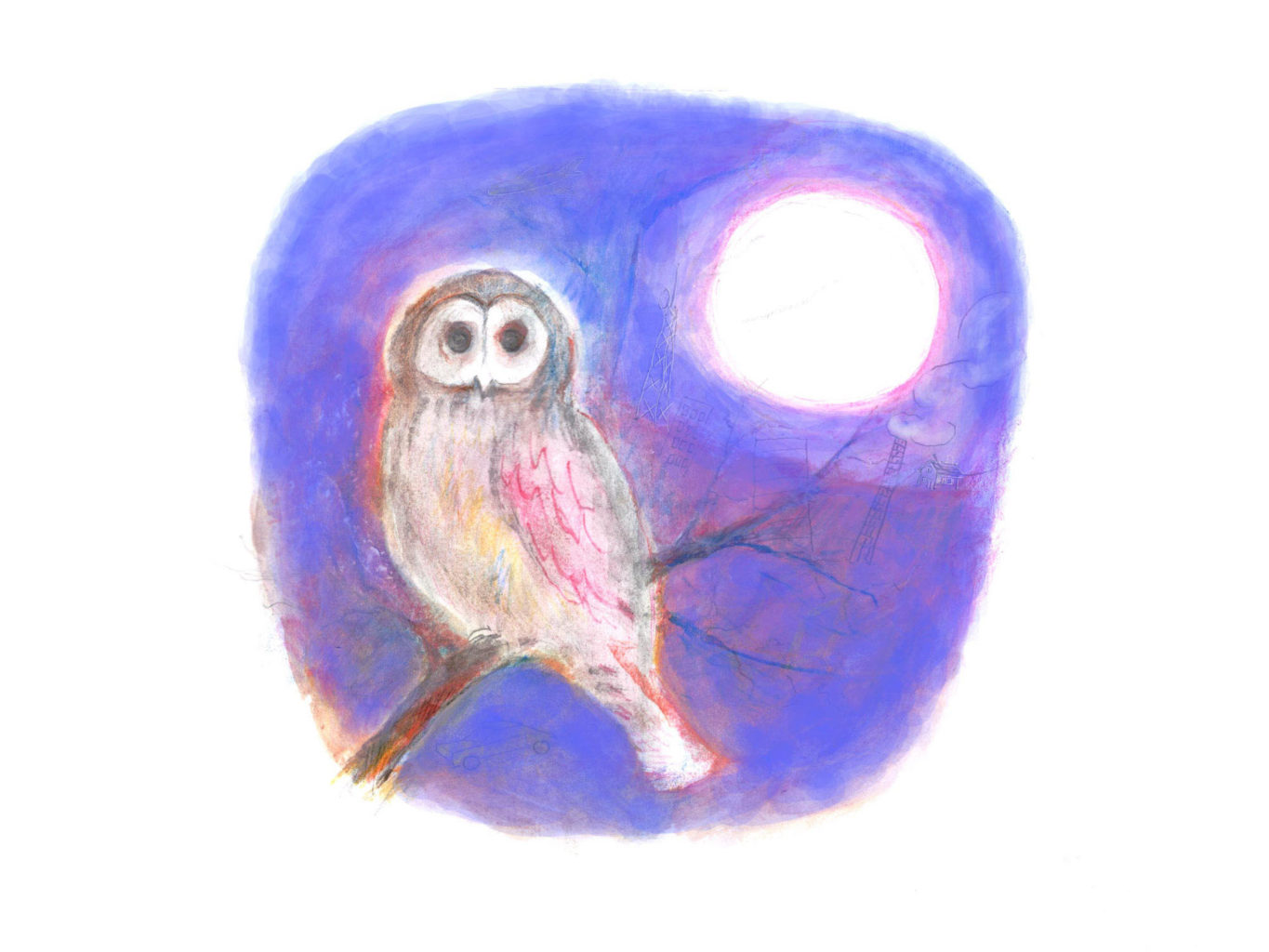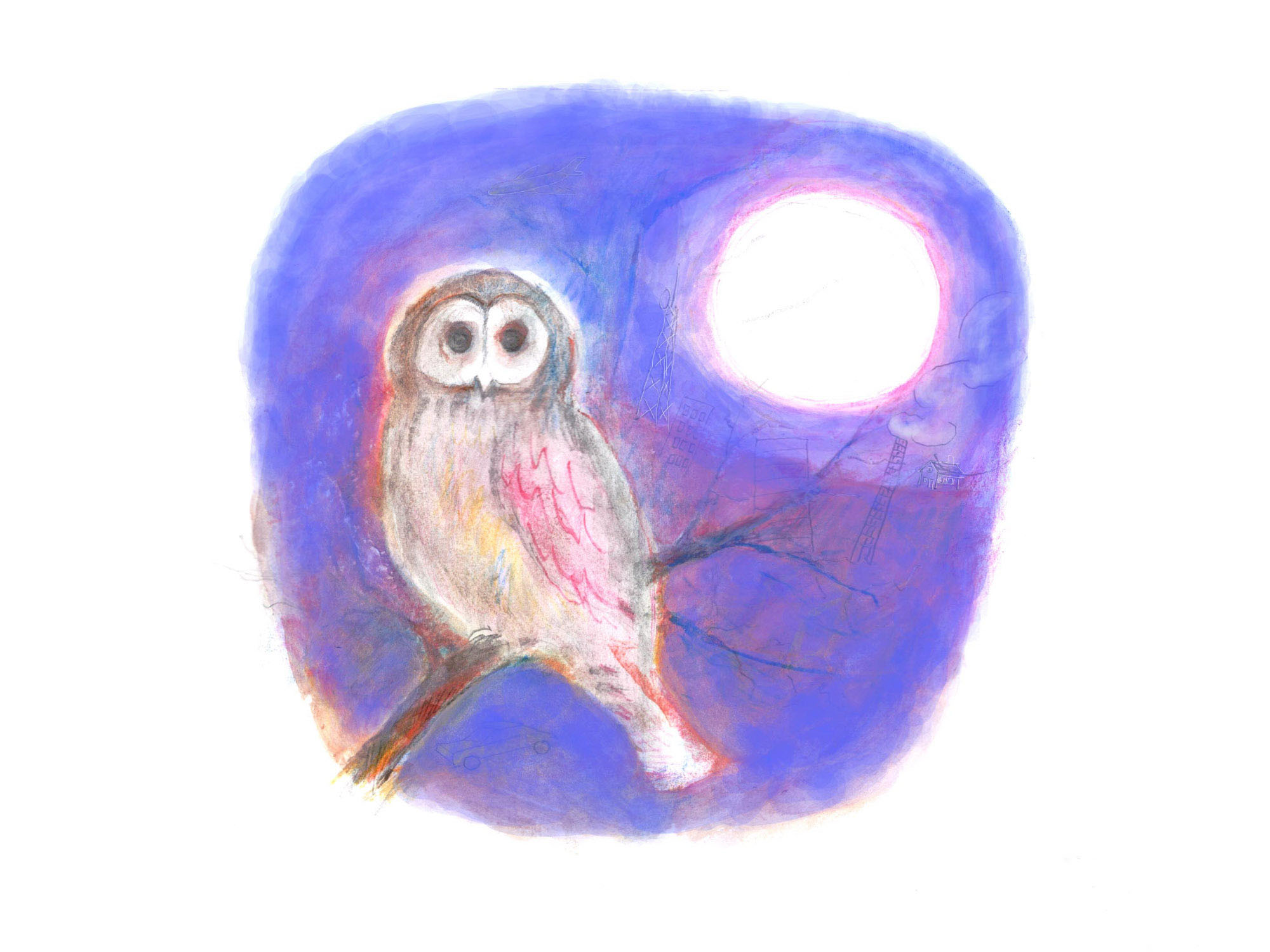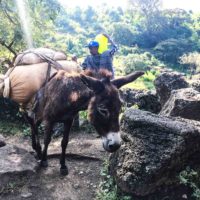Anthroposophy conceived as an extension of consciousness creates consequences for the social organism. The initiator of The Foundation for Independent Education, Thomas Brunner, relies on the power of civil society and sees it as the primary field of realization of the method of Anthroposophy.
«Our time doesn’t actually know much about either the physical world or the spiritual world. It actually only knows what it thinks of itself. Due to the nature of our intellectuality as a sum of mirror images, human beings of the 19th century were excluded from knowing anything about what was taking place spiritually behind the scenes of world history. They did not experience that great, significant turnaround which took place in the spiritual world behind external world history in the second half of the 19th century, and they must first learn through their own efforts that the physical world must follow the spiritual world. They will have to become aware of this, because if they don’t, the distress will become greater and greater and the entire present civilized world will pass over into barbarism.»1

The imaginativeness of modern consciousness is an event of freedom and distress at the same time; it gives human beings self-assurance and yet, through its self-generated civilizational constructions, obscures their view of the deeper – essential – reality of the world. Experiencing the distress of separation can be a beginning to overcome the ghostly chimeras of civilization because the admission of powerlessness in the face of a distressing imaginative life can – insofar as powerlessness is endured in humility – open up new inner life. ‹Can›, because as much as the logical mind establishes certainty in its ordinary judgment, this certainty fails precisely in situations of distress.
This inner opening can take place within conversations in particular. That is what I experienced recently in the late days of April this year. We were sitting together having a serious conversation about the latest, distressing news from day-to-day politics, when a glance through the window awakened the impulse to end the day with a walk at dusk. When we came to rest in an open field at the sight of the colorful sunset, our thoughts, which had been concerned during the conversation before, began to clear. We began to make our way home in contemplation. And as we walked home through the still dimly lit park – in a more hopeful mood than on the way there – a small miracle awaited us: sitting upright and still on the crown of a not yet leafy oak, a stately owl looked down at us through dark eyes. In the background, the rising full moon shone lightly through the branches. – Only after we carried on did bird rise and fly into the depths of night.
What was decisive about this experience was that the contents of the distressing news had not been forgotten (we had not ‹sugar-coated› them), but they were as if illuminated by something more essential, their limited validation revealed by a higher light. It is precisely this «interplay, the display of the beautiful battling the ugly»2 that appears as a special sign of mental-spiritual capacity for development in our time which suffers under one-sidedness of mere intellectual thinking, although new clear beauty appears only as a possibility, perhaps only as a blessing. It is beauty that Friedrich Schiller already sensed to be a passage to higher knowledge:
Only through beauty’s morning gate
Didst thou the land of knowledge find.
To merit a more glorious fate,
In graces trains itself the mind.
Though it is only in Rudolf Steiner’s wonderful meditation poetry, handed down under the titles ‹Prayer at the Evening Bell› or ‹At the Ringing of Bells›, that beauty as the gateway of the entire human being, still slumbering in mere daytime consciousness, is opened in the first four lines:
To wonder at beauty, [das Gewahrwerden des Geistes im Sinnenschein]
To watch over truth, [das Gewahrwerden des Lebens im Denken]
To esteem what is noble, [das Gewahrwerden der Beziehung im Fühlen]
To resolve on the good. [das Gewahrwerden der Verantwortung im Wollen]
Liberation of Concepts
Neither mental models nor general instructions for action can transform civilizational legacies – that can only be done by gradual self-transformation, awakening to ever deeper layers of reality. The dazzling power of intellectual imaginative life must not be simply erased, for in it lies the ‹key› to the gate to higher worlds. Here lies the comprehensively significant correction that Rudolf Steiner makes to Immanuel Kant’s Theory of Knowledge (1724-1804): an individual’s imaginative conceptualization is not merely the product of a subjective process of abstraction on the basis of a sensual perceptual impression, but rather is «nothing other than an intuition related to a particular perception, a concept that was once linked to a perception and to which the relationship to this perception has remained. […] Intuition is thus an individualized apprehension.»3
‹Phenomenology› that does not first free a concept from its imaginativeness, that does not form (distill) a pure concept, can only replicate what is given, projecting the subjective contents of the soul. This is where all utopian thinking originates. Only through a pure concept can the truth of reality express itself in the soul, because a pure concept is no longer directed (subjectively tainted), but can become the ocular of pure mental-spiritual perceptions. In Goethe’s ‹Intuitive Power of Judgement› the object’s truth was directly given because Goethe had fatefully gone through the purification process by an illness, which led him to the threshold of death. That’s why he was able to say, «Love of truth shows itself by knowing how to find and value the good in everything.»4
The power of intellectual imaginative life must not be simply erased, for in it lies the ‹key› to the gate to higher worlds.
Normal consciousness, however, is enclosed in its imaginativeness, which is why Rudolf Steiner does not treat ‹Goethe’s World Conception› phenomenologically, but «according to Schiller’s method»5 and even vehemently rejects efforts to the contrary.6 Otherwise, spiritual science would get caught up in type-like categories – without leading to real conscious recognition. For: «Effectiveness of the organism is present without our doing; we encounter its laws ready-made in the world, can therefore search for them and apply the ones we find. Moral laws, however, are first created by us.»7
The consequences of organizing the social life that result from this clarification are fundamental, for the idea of the social organism can then itself only be an organ of conception, but not content of the design. Using Katrin Gierhake’s words, who is a legal philosopher: «Principles of law are founded in the basic characteristics of human beings to be self-determined rational beings (homo noumenon) in addition to having a biological-empirical existence (homo phaenomenon). Certain conclusions following from this basic insight are intellectually necessary for a free legal community and must also be actively introduced into the discourse – and to be heard with the same entitlement as (supposed) certainties of natural sciences.»8 In this sense, Rudolf Steiner shows how, when the threshold is crossed, human beings no longer face the social world as calculating observers but are born to new devotion by understanding connections: 1. in the imaginative experience of commodity production, trade and consumption; 2. in inspirational awakening for the conditions of work and 3. in an intuitive trust in each person’s individual capability for development.
Powerful anachronistic social structures of the present are ultimately nothing more than externalized imaginings of humanity that dogmatizes its subjectivity instead of transforming it into an aesthetic sense. Though the more human beings step away from their biased imaginitive lives into the free ‹sphere of interest› in order to follow the spiritual world in their earthly form (see opening quote), the more human beings will in turn be able to fruitfully develop their abilities and establish a new culture of trust in free recognition of others. The singularity of Rudolf Steiner’s life’s work lies in the fact that he made the unimaginable conceivable for us. Translation: Simone Stadlbacher
Footnotes
- Rudolf Steiner, Healing Factors for the Social Organism. Seventeen lectures, held in Dornach and Bern between the 20th of March and 18th of July 1920, lecture from the 21st of March in Dornach, Dornach 1969, GA 198, p. 28 f.
- Rudolf Steiner, Michael’s Mission. Lecture from the 23rd of November 1919 in Dornach, Dornach 1954, p. 54.
- Rudolf Steiner, The Philosophy of Freedom. Dornach 1984, tb, p. 107.
- Johann Wolfgang Goethe, Maxims and Reflections. Nr. 15.
- See: Rudolf Steiner, A Theory of Knowledge Based on Goethe’s World Conception. Also see remarks on this topic in: Thomas Brunner, Insight & Initiative – Aspects of Social Threefolding in Methodological Terms. Berlin 2020, p. 53 ff.
- «What you call phenomenology you have introduced to the Anthroposophical Society. You have taken leadership away from me by bringing in scholarship. Therefore, you bear responsibility for everything that has been introduced. The community of scholars has introduced phenomenology.» Rudolf Steiner, The Decisive Year 1923 in the History of the Anthroposophical Society. Meeting with The Circle of Thirty Stuttgart, Wednesday the 31st of January 1923 (night-time meeting until the following morning), GA 259, p. 242.
- Rudolf Steiner, The Philosophy of Freedom. Berlin 1984, TB, p. 195.
- Freedom? – Freedom!













